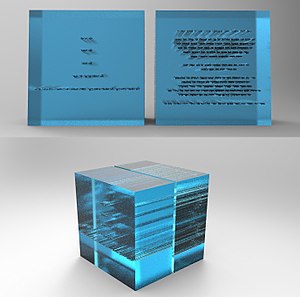Haven't been there, and unfortunately I don't know if it's worth going there now. The people who discovered the cave, professional archeologists, acted in a frankly naive manner by putting out the word on their discovery. They were not able to organize proper security for the cave and shortly after the discovery, it was looted. It's not the only burial cave on that beach, and there may be more caves there that have yet to be discovered, and looters probably have found them since.Have you had an opportunity to visit the 3,000+ year-old burial cave that was discovered a few months ago in a national park near Tel Aviv? If not, do you have plans to visit? If so, what were your impressions? I thought that was pretty exciting news when I first heard it.
Any archeologist worth his salt will admit that looters are better at finding ancient sites than archeologists.
I'll get back to you on that one. But a couple of recommendations off the top of my head:Also, can you recommend an exciting book on Israeli archaeology for someone who isn't an archaeologist but is fascinated with discoveries from the past?
1. The New Encyclopedia of Archaeological Excavations in the Holy Land - Good, concise summaries of Israeli excavations until the 90s.
2. Excavating the Bible by Yitzhak Meitlis

